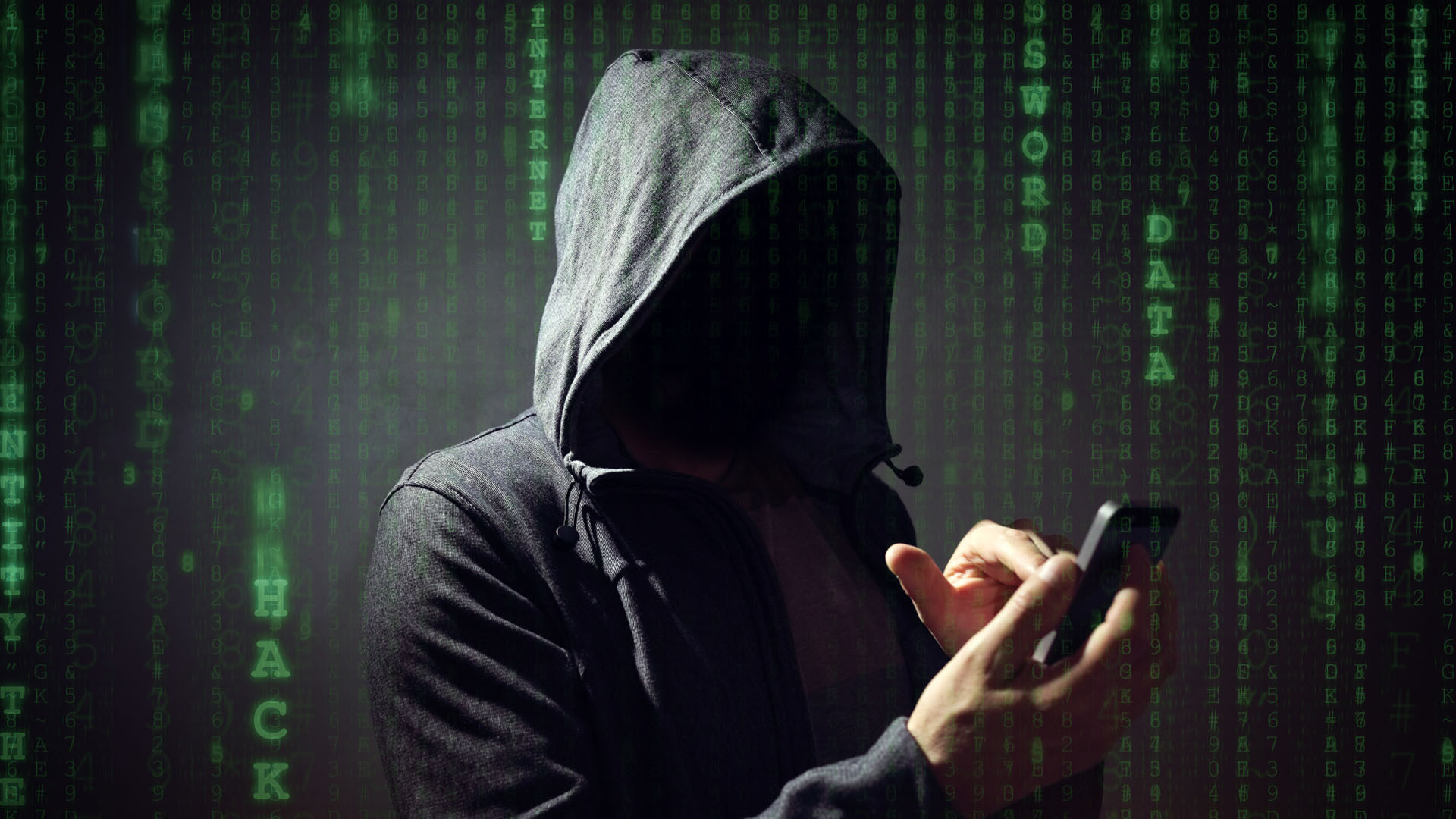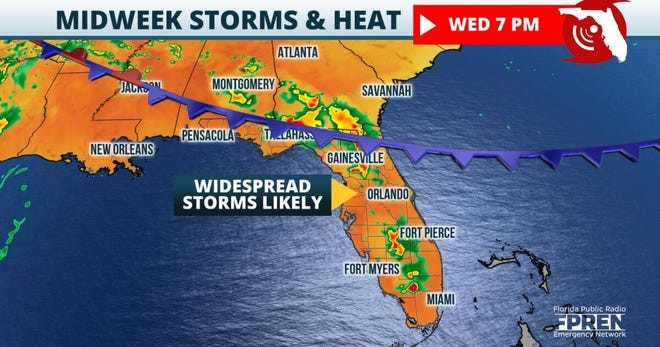Urgent FBI Warning: Stop Texting Between iPhones and Androids Immediately!
The world of instant messaging has taken a surprising turn. Just as Apple's embrace of RCS (Rich Communication Services) seemed to herald a return to the convenience of text messaging, a critical security vulnerability has emerged, throwing a major wrench in the works. While messaging between Android devices and between iPhones is typically secure, communication across these platforms presents a significant risk. This isn't just a minor concern; it's a stark warning issued by the FBI and CISA, the US Cybersecurity and Infrastructure Security Agency. The urgency stems from a massive, ongoing Chinese cyber espionage campaign dubbed "Salt Typhoon," impacting critical US communication networks.
The Salt Typhoon Cyberattack: Unprecedented Scale and Scope
The Salt Typhoon attacks, attributed to a group linked to China's Ministry of Public Security, have exposed the vulnerabilities within US communication infrastructures. A senior FBI official stated that “within the investigative activity, especially one this significant and this large, the facts will evolve over time… The continued investigation into the PRC targeting commercial telecom infrastructure has revealed a broad and significant cyber espionage campaign.” This campaign, the official warned, “identified that PRC affiliated cyber actors have compromised networks of multiple telecom companies to enable multiple activities,” confirming that “the FBI began investigating this activity in late spring and early summer of this year.” The scale of the operation is staggering, with reports suggesting it's “likely larger in scale than previously understood.” This broad campaign has already compromised the networks of multiple telecom companies, granting access for various malicious activities. The ongoing investigation reveals the vast reach and potentially devastating consequences of this campaign.
Data Breaches and Compromised Communications
While the FBI official assures that expansive call and text content wasn't widely stolen, the theft of widespread call and text metadata – information like phone numbers and timestamps – is deeply concerning. More concerning, however, is that “the actors compromised private communications of a limited number of individuals who are primarily involved in the government or political activities. This would have contained call and text contents.” This targeted breach further emphasizes the gravity of the situation and underscores the need for heightened security measures. The scale of the hacking campaign has prompted a political firestorm, with senators vowing action and a Senate Commerce subcommittee scheduled to hold a hearing on December 11 to investigate the matter further. The revelation of this breach triggered an emergency briefing for all senators, underscoring the severity of the situation and the urgent need for comprehensive cybersecurity solutions. The political implications are significant, with concerns being raised about the efficacy of current security measures and the potential impact on critical infrastructure. The US government agencies are taking this seriously. US citizens are urged to take swift measures to safeguard their communications.
The Urgent Need for Encryption
The FBI and CISA are urging Americans to use fully encrypted messaging and phone calls whenever possible. This recommendation isn't new, but its urgency has been amplified by the Salt Typhoon attacks. The lack of end-to-end encryption in cross-platform messaging, specifically between iPhones and Androids using RCS, is a critical vulnerability. While iMessage and Google Messages are fully encrypted within their respective ecosystems, this protection vanishes when messaging between the two. Jeff Greene from CISA stressed that “we definitely need to do that, kind of look at what it means long-term, how we secure our networks.” He emphasized the importance of using encrypted communications, stating that “encryption is your friend, whether it's on text messaging or if you have the capacity to use encrypted voice communication. Even if the adversary is able to intercept the data, if it is encrypted, it will make it impossible.”
The Ironic Twist: Encryption and Law Enforcement
There’s an ironic undercurrent to these warnings. As PC Mag noted, “this push to use end-to-end encryption is ironic since the FBI has long complained that the same technology can stymie their investigations into seized smartphones and online accounts belonging to criminal suspects.” The FBI’s emphasis on “responsible encryption” is crucial here. This implies encryption that allows lawful access to user data when warranted. This excludes many popular platforms like WhatsApp and Signal, which offer strong encryption but don't provide access to content without compromising endpoints (devices). The FBI's statement highlights the delicate balance between privacy and security and the complexities of balancing national security interests with the need to protect individual privacy.
Secure Alternatives and Practical Steps
Until RCS provides full cross-platform encryption, it’s advisable to use fully encrypted messaging apps like WhatsApp or Signal for cross-platform communication. WhatsApp offers excellent security and is widely used; Signal is another strong contender, though with a smaller user base. Both support fully encrypted voice and video calls across platforms, providing enhanced security beyond texting. Even Facebook Messenger now offers end-to-end encryption, making standard SMS/RCS texting an increasingly risky choice. Many good secured platforms are now readily available; it's not worth taking the risk given the escalating cyber threat landscape. The FBI's and CISA's warning emphasize that the need for robust communication security is more critical than ever. The US citizens are urged to adopt best security practices.
Taking Control of Your Digital Security
The recent alerts jointly issued by the FBI, CISA, and NSA highlight the critical need for enhanced cybersecurity measures. The FBI official stressed the importance of using a cellphone that automatically receives timely operating system updates, responsibly managed encryption, and phishing-resistant MFA (multi-factor authentication) for email, social media, and collaboration tools. This holistic approach to digital security involves proactive steps to protect sensitive data and enhance resilience against cyber threats. The urgency of the situation necessitates immediate action to mitigate potential risks and vulnerabilities. Citizens must be mindful and proactive in safeguarding their digital security, adapting to the evolving threat landscape, and embracing security best practices. The information disseminated by the FBI and CISA is critical; citizens should take steps to protect themselves from the ongoing threat.
A Call to Action: Prioritize Your Digital Security
The warnings from the FBI and CISA are not to be taken lightly. The Salt Typhoon attacks represent a significant escalation in cyber warfare, with far-reaching implications for national security and individual privacy. The coordinated effort by these agencies highlights the severity of the threat and underscores the necessity of prioritizing digital security. The advice given is clear: prioritize encrypted communication channels, keep software up-to-date, enable multi-factor authentication, and practice responsible online habits. We all must take immediate steps to safeguard our communications and protect ourselves from this ongoing threat. The future of digital security depends on the collective action of individuals and organizations, and the lessons learned from Salt Typhoon must not be overlooked.

















